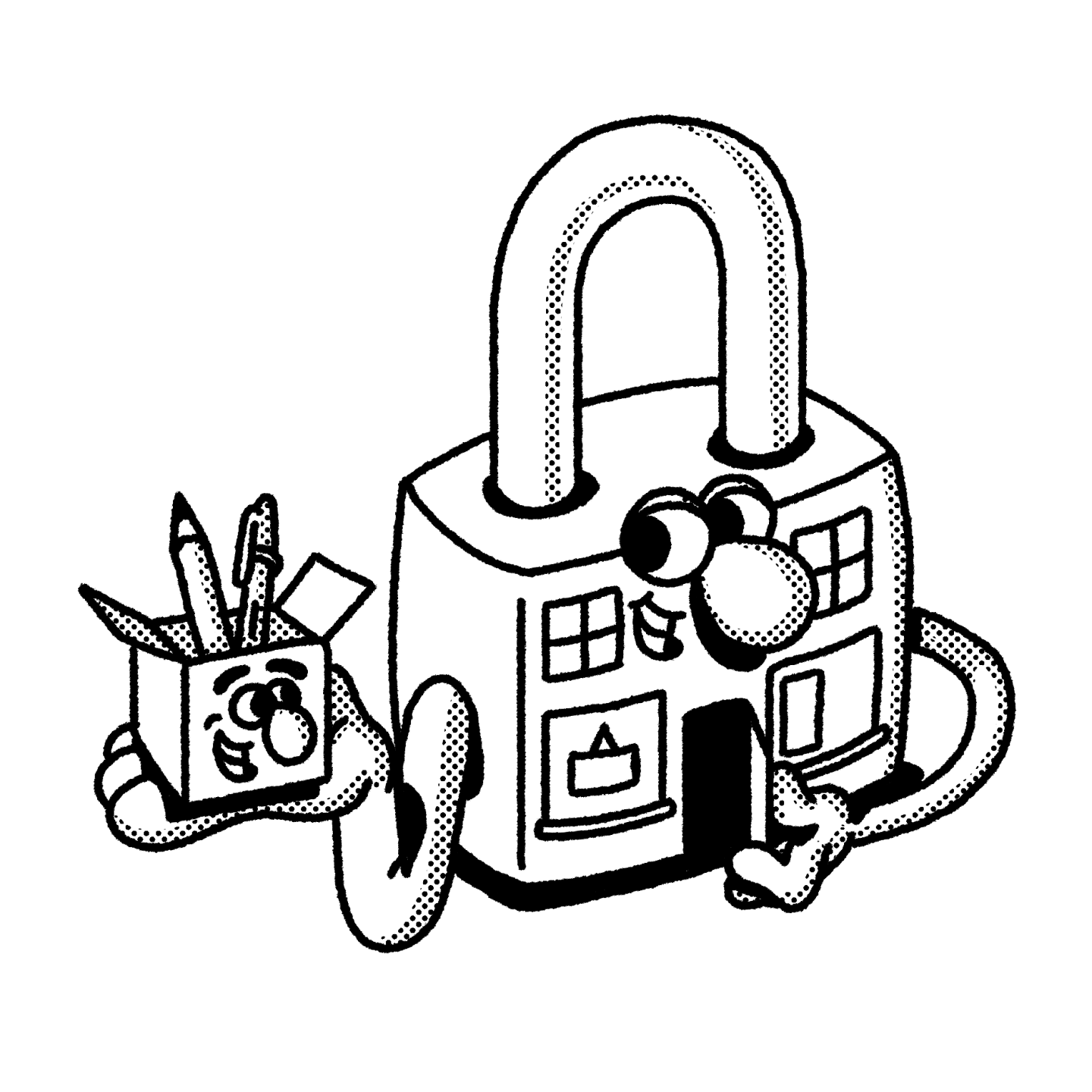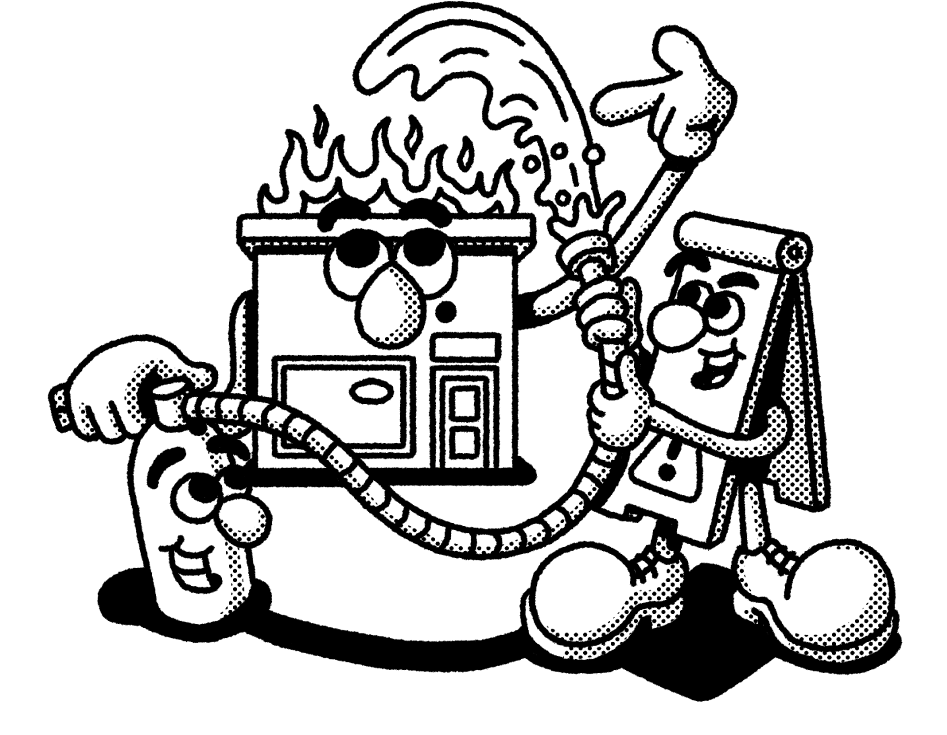Jump ahead to learn:
- Is NJ Workers’ Compensation insurance required?
- What are NJ Workers’ Compensation rates and costs?
- How does New Jersey Workers’ Comp work?
- Workers’ Compensation coverage in New Jersey
- NJ Workers’ Comp death benefits
- What if you don’t have Workers’ Comp insurance in New Jersey?
- Who is exempt from Workers’ Compensation NJ rules?
- How NEXT helps New Jersey small business owners
Is NJ Workers’ Compensation insurance required?
Yes. If you have employees in New Jersey, workers’ compensation insurance is required by law, or you must be approved for self-insurance. This includes out-of-state employers with contracts or employees working in New Jersey. Generally, it also applies to part-time and seasonal workers.
This requirement applies to all corporations, sole proprietorships, limited liability companies (LLCs) and partnerships operating in the state. Corporations and LLCs must cover corporate officers and employees, while partnerships and sole proprietors must cover individuals working for them.
Business owners can comply with New Jersey law by buying workers’ compensation coverage from an insurance company or getting approval to create a self-insured workers’ comp coverage program for their employees.
What are NJ Workers’ Compensation rates and costs?
Workers’ compensation costs vary across industries. Factors that can influence your annual or monthly price include:
- Your number of employees and the type of work they do.
- Your total payroll.
- Your insurance claims history.
- The location(s) where you do business.
You can use our workers’ compensation cost calculator to get an idea of pricing for a business like yours. But the best way to see exactly what you’ll pay for your business is to get a free instant quote from NEXT.
How does New Jersey Workers’ Comp work?
In the state of New Jersey, workers’ comp coverage helps provide benefits to employees injured or made ill on the job.
It can help cover:
- Medical expenses
- Lost wages
- Rehabilitation and physical therapy
- Retraining if you can no longer do your job
- Permanent injury
- Death benefits and survivor benefits
The system is no-fault, meaning employees don’t have to prove negligence to receive benefits. Employers pay for the coverage; in exchange, employees can’t sue for work-related injuries.
The New Jersey Division of Workers’ Compensation oversees and enforces NJ workers’ comp laws and all disputes raised under the law.
If you hold a workers’ comp policy with NEXT, we strive to resolve every claim quickly. Learn more about our claims process and how our claims advocates will work with you after an employee’s work-related illness or injury.
Workers’ Compensation coverage benefits in New Jersey
By law, ill and injured workers may be eligible for the following workers’ compensation benefits:
- Medical benefits: Help with necessary medical treatment, prescriptions and medical services related to a work injury or illness. Employers or their insurance carriers choose medical providers.
- Temporary total disability benefits: If an employee is disabled for more than 7 days, they receive 70% of their average weekly wage, within statutory limits. Benefits continue until the employee returns to work or reaches maximum medical improvement.
- Permanent partial disability benefits: For permanent impairments, weekly benefits are based on the individual’s functional loss and are paid after the temporary disability ends.
- Permanent total disability benefits: If workers cannot return to any gainful employment, they may receive permanent disability benefits for up to 450 weeks, continuing if the disability persists. Benefits are 70% of the weekly wage.
NJ Workers’ Comp death benefits
If an employee dies from a workplace injury or disease, their dependents may be eligible for death benefits, which are 70% of the worker’s weekly wage, up to the statutory maximum. The benefits are divided among surviving dependents, as determined by a compensation judge.
A surviving spouse and children living with the deceased are automatically presumed dependent, while others must prove dependency.
Children remain dependent until they are 18 or 23 if they’re full-time students. If the child is disabled, they may be eligible to receive additional benefits.
The employer or insurer must also pay up to $3,500 in funeral expenses.
What if you don’t have Workers’ Comp insurance in New Jersey?
Failing to carry New Jersey workers’ compensation insurance coverage can have serious consequences. Employers who don’t comply may face hefty fines, starting at $5,000 for the first 10 days of violation and $5,000 for each subsequent 10-day period of failing to insure.
In NJ, employers (including corporate officers, partners, and LLC members) are liable for medical expenses, disability and dependency benefits related to work injuries or deaths. If they fail to provide insurance, they face civil penalties, and any awards or penalties can become liens against the employer’s assets, enforceable in the New Jersey Superior Court.
Who is exempt from Workers’ Comp NJ rules?
In some states, some businesses and subsets of workers can qualify for a workers’ compensation exemption. New Jersey state law exempts some employees, including:
- Sole proprietors without employees.
- Independent contractors.
- Unpaid workers (such as volunteers or interns).
How NEXT helps New Jersey small business owners
NEXT can give you a free workers’ comp coverage quote in about 10 minutes. Buy affordable coverage online and instantly share a certificate of insurance (proof of insurance) at no extra cost.
You can manage your policy 24/7 via web or mobile app.
And if you have questions, our licensed, U.S.-based insurance professionals are available to help.






